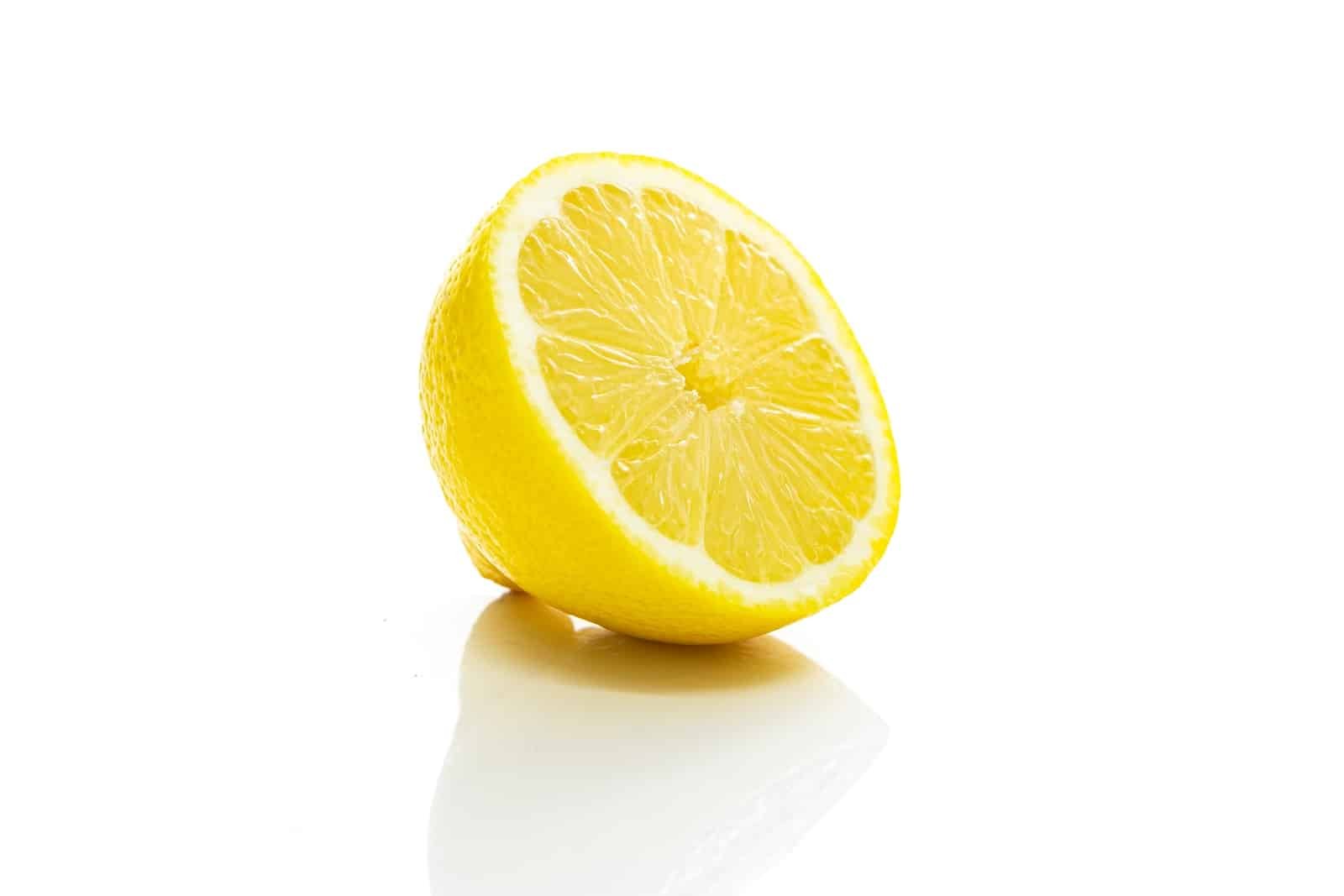Whether you’re a lemonade-loving family or you just find yourself with a surplus of lemons from your backyard tree, freezing lemon juice is a fantastic way to extend its shelf life and ensure you’ve always got that fresh citrus zing on hand.
Now, I know what you might be thinking: “Can you really freeze lemon juice?” And I’m here to tell you, absolutely! Not only is it possible, but it’s also remarkably simple, and it can be quite the game-changer in reducing food waste and maximizing your budget. As we dive in, I’ll share some cool tips (pun intended) and best practices to ensure your lemon juice stays as fresh as the day it was squeezed, even after a stint in the big chill (a.k.a. your freezer). So let’s get the zest started!
First things first, you’ll want to extract the juice from your lemons. I recommend using a citrus juicer or a hand press to get the job done efficiently. If you’re working on your grip strength, feel free to go old-school and use your hands—just be sure to catch any seeds with a strainer. Freshness is crucial here, so try to freeze your lemon juice as soon after squeezing as possible to maintain the best flavor and nutrient content.
Think about how you typically use lemon juice. Do you need a tablespoon for your morning water, a quarter cup for that tangy salad dressing, or just a few drops for a fresh piece of grilled fish? Portioning your juice before freezing will save you from thawing more than you need. Ice cube trays are fantastic for this purpose. Each cube is roughly one ounce (two tablespoons), which makes for easy measuring later on. Just pour the juice into the trays and place them in the freezer.
Once your trays are filled, it’s time for the freeze. Allow the juice to solidify completely. This usually takes about four to six hours, but I like to leave mine overnight to ensure they’re fully frozen. If you’re in a rush, resist the urge to crank up the freezer setting—rapid freezing can actually alter the structure of the juice and affect its taste.
After your lemon juice cubes are frozen, it’s a good idea to transfer them to a freezer-safe bag or an airtight container. This will prevent freezer burn and keep your lemon juice tasting fresh. Don’t forget to label the bag with the date, so you know how long it’s been in there. According to the FDA, frozen lemon juice is best used within four months for optimal quality, but it will remain safe to consume well beyond that time frame.
When you’re ready to use your lemon juice, simply take out the necessary amount of cubes and let them thaw in the refrigerator or at room temperature. If you’re in a hurry, you can even thaw them in the microwave in short increments, stirring in between to ensure even thawing. Just remember that once thawed, the lemon juice should be used within a day or two for the best quality and safety.


